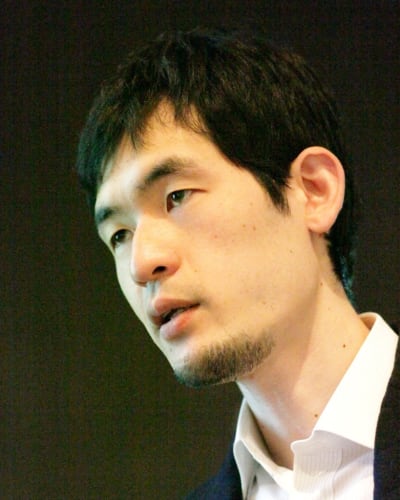Metadata for Visual Media Arts – Manga/Comics, Game, Animation
- Starts at
-
03 Oct 22 21:45 UTC - Finishes at
-
03 Oct 22 23:30 UTC - Venue
- Virtual Conference Room A
- Moderator
- Shigeo Sugimoto
Moderator
-

Shigeo Sugimoto
University of Tsukuba
Shigeo Sugimoto is a professor emeritus at Univetrsity of Tsukuba.
He has been involved in DCMI since late 1990s. He is currently a member of the Governing Board of DCMI.
His interests include metadata models for cultural and historical entities such as intangible cultural heritage, media arts and natural and man-made disasters. He is invovelved in the Core Cultural Metadata Model interest group of DCMI.
Presentations
Impact of Transmedia Storytelling on Information Organization
Transmedia storytelling utilizing multiple media channels to offer a unified entertainment experience is becoming more common in the context of popular culture. The complex fictional worlds involve interrelated characters, timelines, and related objects resulting in an array of different types of media objects that need to be organized and described to make them more accessible to end users. This raises questions about the current organizational systems on whether these relationships could be appropriately represented, as well as who needs to be involved in the organizational practices. This presentation focuses on a case study of a Korean music group BTS and how they use different media objects such as albums, music videos, webtoons, games, and printed materials to tell their narrative, and how fans take an active participatory role in interpreting them and creating related media content. This case study will illustrate how the role of the fans will become increasingly important in terms of describing, organizing, and preserving these transmedia objects.
-

Jin Ha Lee
University of Washington, USA
Jin Ha Lee is an Associate Professor and the Founder and Director of the GAMER (GAME Research) Group at the University of Washington Information School. Her research focuses on exploring new ideas and approaches for organizing and providing access to popular music, multimedia, and interactive media, understanding user behavior related to the creation and consumption of these media, and using these media for informal learning in venues such as libraries and museums. Her research has been supported by the Institute of Museum and Library Services (IMLS), Washington State Library, Online Computer Library Center (OCLC), Association for Library and Information Science Education (ALISE), Korea Electronics Technology Institute (KETI), and Epic Games.
Unified Data Model for Media Arts Database
The Media Arts Database is a national information service for collecting and searching metadata on manga, animation, video games, and media art produced in Japan. A unified data model has been defined on the back end of the database to provide standardized access to data from diverse sources. This presentation will introduce this data model and discuss the different concepts of works and collections in each medium and how we should solve this challenge. We will also discuss ideas for linking to external data sources, including Wikidata, and facilitating data use.
-

Ikki Omukai
University of Tokyo, Japan
Ikki Ohmukai received his Ph.D. degree in informatics from the Graduate University for Advanced Studies in 2005. He was an Associate Professor with National Institute of Informatics. He is currently an Associate Professor with the University of Tokyo. His research interests are the semantic web, social media and digital humanities.
Enthusiast models of the Japanese visual media domain
The Japanese Visual Media Graph Project combines information from multiple enthusiast websites into a knowledge graph targeted at researchers from Japanese and/or Media Studies. The presentation will discuss the domain models that are inherent in the data provided by the contributing communities and discuss similarities and differences. Of specific interest for the project is the handling of granularity of media works.
Graphic Medicine and LOD: Semantic Enrichment of Mental Health Comics Metadata
The intersection of comics and healthcare, or graphic medicine, includes comics and graphic novels that share personal stories of health, illness, and recovery, and are useful in educating patients as well as providing insight into the patent experience for caregivers and providers. This presentation outlines the methodology and results of a limited pilot study exploring the semantic enrichment of metadata for mental health comics by better connecting their content to healthcare-related Linked Open Data resources. This approach potentially enhances the discoverability of comics content for education and reuse, and is both multilingual and applicable to non-traditionally published works, including self-published and crowd-funded materials.
-

Sean Petiya
Kent State University
Sean Petiya works as a software development engineer in Cleveland, Ohio, and is an adjunct instructor at Kent State University where he teaches courses on digital technologies. As part of his graduate studies he created the Comic Book Ontology, which he continues to maintain, most recently exploring the metadata description of work categorized as graphic medicine, the intersection of comics and healthcare.


